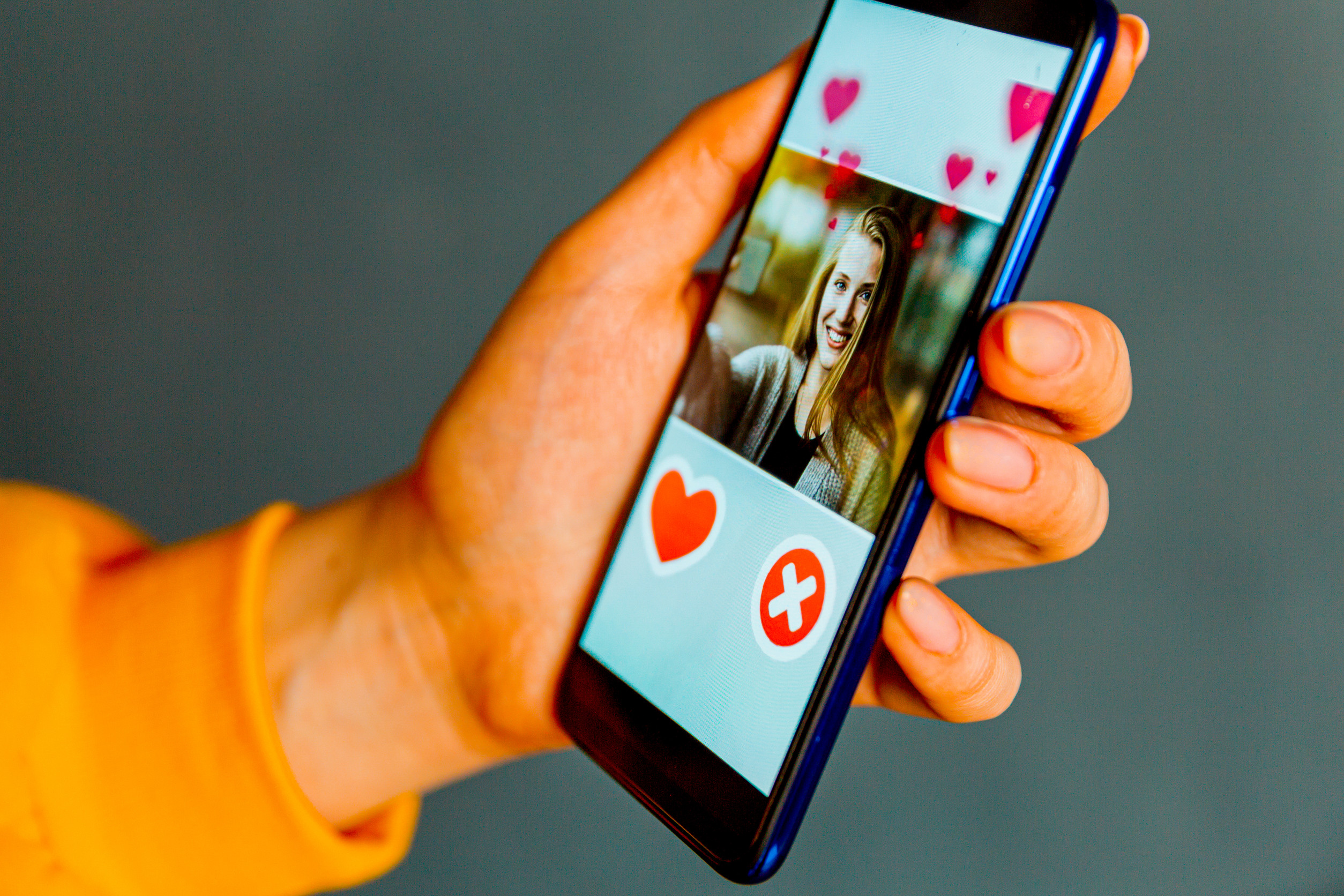In an age where dating apps offer an endless buffet of potential partners, finding love has become both more accessible and more complicated than ever before. On the surface, having more options should make things easier—more people, more chances, more compatibility. But paradoxically, many are finding themselves more dissatisfied, anxious, and stuck in decision paralysis than ever.
Instead of walking confidently toward love, we’re swiping endlessly, unsure if the next profile might be better. Welcome to the paradox of choice—a psychological dilemma that could be quietly sabotaging your love life.
The Illusion of Infinite Possibilities
With the rise of dating platforms like Tinder, Bumble, and Hinge, we’ve entered an era where the number of potential romantic partners seems almost limitless.
This illusion of abundance tricks our brains into thinking that there’s always someone better just a swipe away. While having options is generally positive, too many choices can make us feel less satisfied with the ones we do make. Studies have shown that when people are presented with too many choices, they’re more likely to regret their decisions—even when those decisions are good. In dating, this means we might constantly compare our current partner or date to imagined “better” options, which undermines real connection.
Decision Fatigue Is Real
Each profile you swipe, each conversation you start, each date you consider—it all takes mental energy. Over time, the constant decision-making can lead to a state known as decision fatigue, where your brain becomes worn out from having to constantly choose. This fatigue can make people less thoughtful and more impulsive in their romantic choices, leading to shallow connections or premature rejections.
When every choice feels like a potential mistake, we end up making no choice at all, stuck in limbo. Decision fatigue doesn’t just impact your love life—it trickles into your self-esteem and emotional well-being, too.
Commitment Feels Riskier Than Ever
With so many people seemingly available, commitment can start to feel like a trap instead of a triumph. The fear of settling becomes amplified when we believe there might be someone more attractive, more exciting, or more compatible just around the corner. As a result, people delay or avoid commitment altogether, afraid of making the “wrong” choice. But relationships, by nature, require a leap of faith—you never have all the data when you commit to someone. The endless search for the perfect partner often distracts us from investing in someone who could actually make us happy in the long term.
Perfectionism Is Killing Real Connection
Dating apps allow us to filter potential partners by height, job, religion, hobbies, and more. While preferences matter, they can quickly morph into unrealistic standards when combined with the illusion of infinite options. We may start to believe that the “perfect” partner exists if we just keep looking long enough.
But real connection is often messy, imperfect, and full of surprises. Perfectionism doesn’t just set the bar too high—it creates a wall between you and the kind of genuine, fulfilling relationship that’s built over time, not found in a bio.
More Options, Less Satisfaction
Paradoxically, those who have more dating options often report lower satisfaction with their romantic choices. Why? Because the human brain struggles with counterfactual thinking—the ability to imagine what could have been. When you’re constantly surrounded by reminders of other people you could be with, it’s hard to be fully present with the person you are with. This doesn’t just create dissatisfaction; it also increases the likelihood of breakups, ghosting, and a general lack of emotional investment. Instead of nurturing what we have, we chase what might be, only to find ourselves lonelier than before.
Ghosting, Breadcrumbing, and Emotional Disconnection
The sheer volume of choices has made ghosting and breadcrumbing commonplace behaviors. When people feel like they owe nothing to the people they meet, emotional accountability disappears. This has contributed to a culture of flakiness, where deep, vulnerable connection is sacrificed for the thrill of the next shiny new person. It’s harder to develop trust when everyone seems replaceable, and harder to be vulnerable when rejection feels inevitable. Real intimacy becomes rare when everyone is busy keeping their options open.
How to Break Free from the Trap
The first step to escaping the paradox of choice is awareness. Recognize when you’re becoming overwhelmed by options and take intentional steps to narrow your focus. Instead of treating dating like a numbers game, treat it as a journey of quality over quantity. Give people a real chance—don’t dismiss them based on a single imperfect detail or a lukewarm first impression. True compatibility often takes time to unfold, and depth is rarely found in the first few swipes.
Choosing Is an Act of Courage
In a culture obsessed with optimization, choosing one person can feel like settling—but in reality, it’s a powerful act of intention. Love isn’t about finding the flawless partner; it’s about choosing someone imperfect and growing something meaningful together. Every time you choose to be present with someone, you’re rejecting the fear that something better might be out there. Commitment isn’t about closing the door on opportunity—it’s about opening the door to depth, stability, and long-term happiness. At some point, we all have to decide: do we want endless possibilities or one person who truly matters?
We live in a world overflowing with choices, but more isn’t always better, especially when it comes to matters of the heart. If you find yourself stuck in the dating loop, constantly searching but never satisfied, maybe it’s time to reframe what “options” really mean. Sometimes, the most freeing thing you can do is commit—not because you have to, but because you choose to.
Have you experienced the paradox of choice in your own love life? Share your thoughts or story in the comments below, and let’s tackle our love lives together.
Read More
Is Marriage Making a Comeback? Why Women Over 30 Are Jumping In
What Couples Who Last 20+ Years Say They Do Differently



Leave a Reply